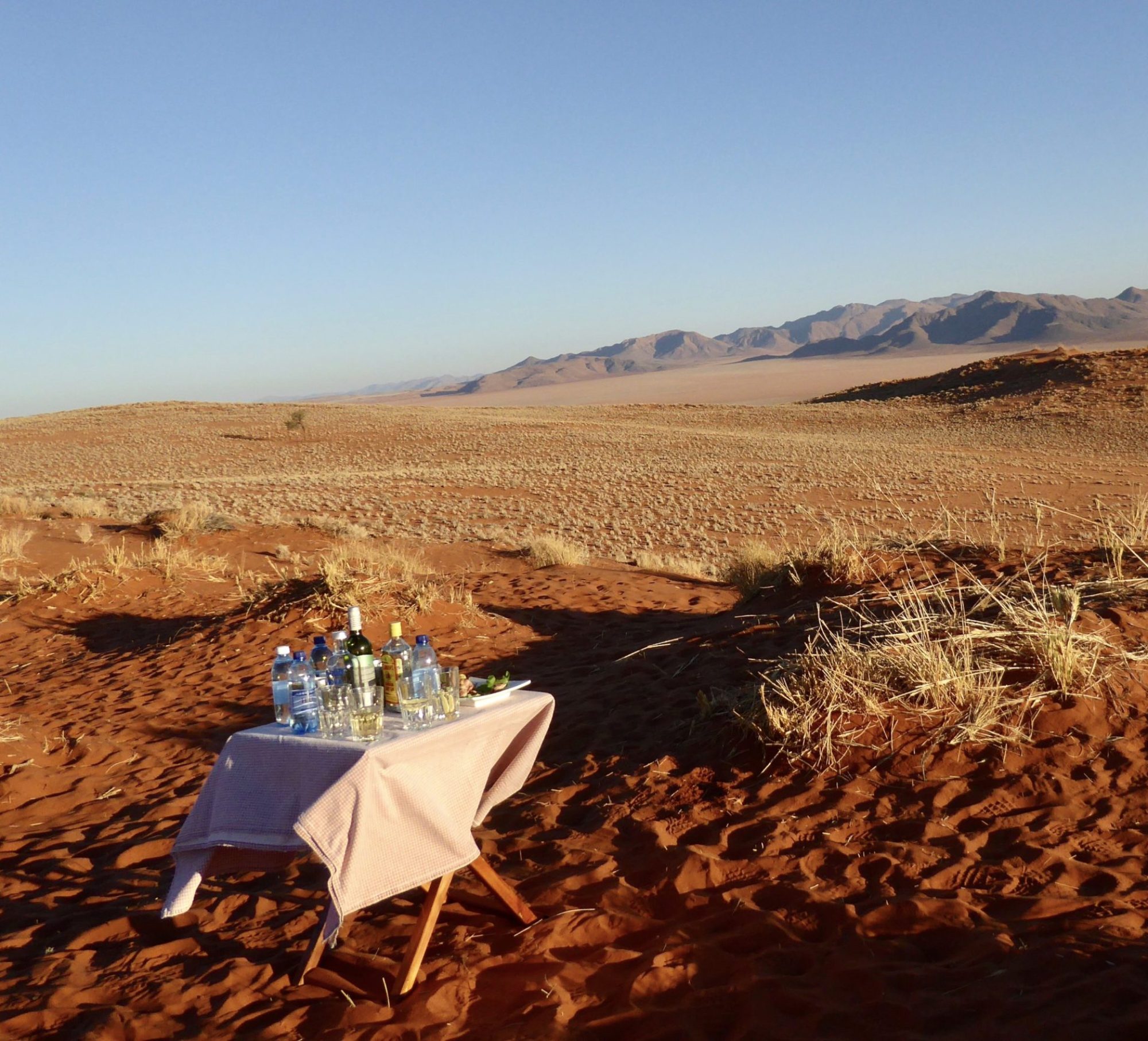
Montgomery, Alabama
Of the many heroic deeds performed in the name of civil rights in America, perhaps none is more consequential than the epiphany experienced in this house at 309 S Jackson Street in January of 1956. It was here, in the parsonage of the Dexter Avenue Baptist Church in Montgomery Alabama, where Martin Luther King, Jr., spent, in the estimation of biographer David J. Garrow, “the most important night of his life.”
King wrote about that night in his 1958 book Stride for Freedom: The Montgomery Story. The bus boycott—of which King was a reluctant leader—was more than a month old. Montgomery’s white leadership had begun to push back hard. King, who was only 27 years old, had just been arrested for the first time, and the obscene and threatening phone calls he was receiving at home were beginning to their toll on his confidence as well as on his mental health. Ready to give up, he began to devise ways he could step away without looking like a coward.
King then began to consider how blessed and comfortable his life had been thus far. He thought of his wife, his two-month-old daughter, and his “marvelous” mother and father. “I was about to conclude that life had been wrapped up for me in a Christmas package,” he wrote.
But then it occurred to him that the religion he had experienced as a fortunate young man would not help him through this moment. “Now of course, I was religious,” he recalled. “I grew up in the church. I’m the son of a preacher . . . my grandfather was a preacher, my great grandfather was a preacher, my only brother was a preacher, my daddy’s brother is a preacher, so I didn’t have much choice, I guess. But I had grown up in the church . . . but it was a kind of inherited religion and I had never felt an experience with God in the way that you must, and have it, if you’re walking the lonely paths of this life.”
Around midnight of January 27, 1956, King picked up a phone call that shook him to his core. An angry voice said, “Listen, n*****, we are tired of you and your mess now. And if you aren’t out of this town in three days, we’re going to blow your brains out and blow up your house.”
It was in the wake of that call that religion became “real” to him, when he knew that he “had to know God for [himself].” And then he bowed over his cup of coffee. “I prayed a prayer, and I prayed out loud that night. I said, ‘Lord, I’m down here trying to do what’s right. I think I’m right. I think the cause that we represent is right. But Lord, I must confess that I’m weak now. I’m faltering. I’m losing my courage. And I can’t let the people see me like this because if they see me weak and losing my courage, they will begin to get weak.”
It was then, King recalled, that he heard the voice of Jesus telling him to continue the fight. “He promised never to leave me, never to leave me alone. No never alone. No never alone. He promised never to leave me, never to leave me alone.”
For the remainder of his life, he would look back on that night whenever the obstacles before him seemed too big to handle.


